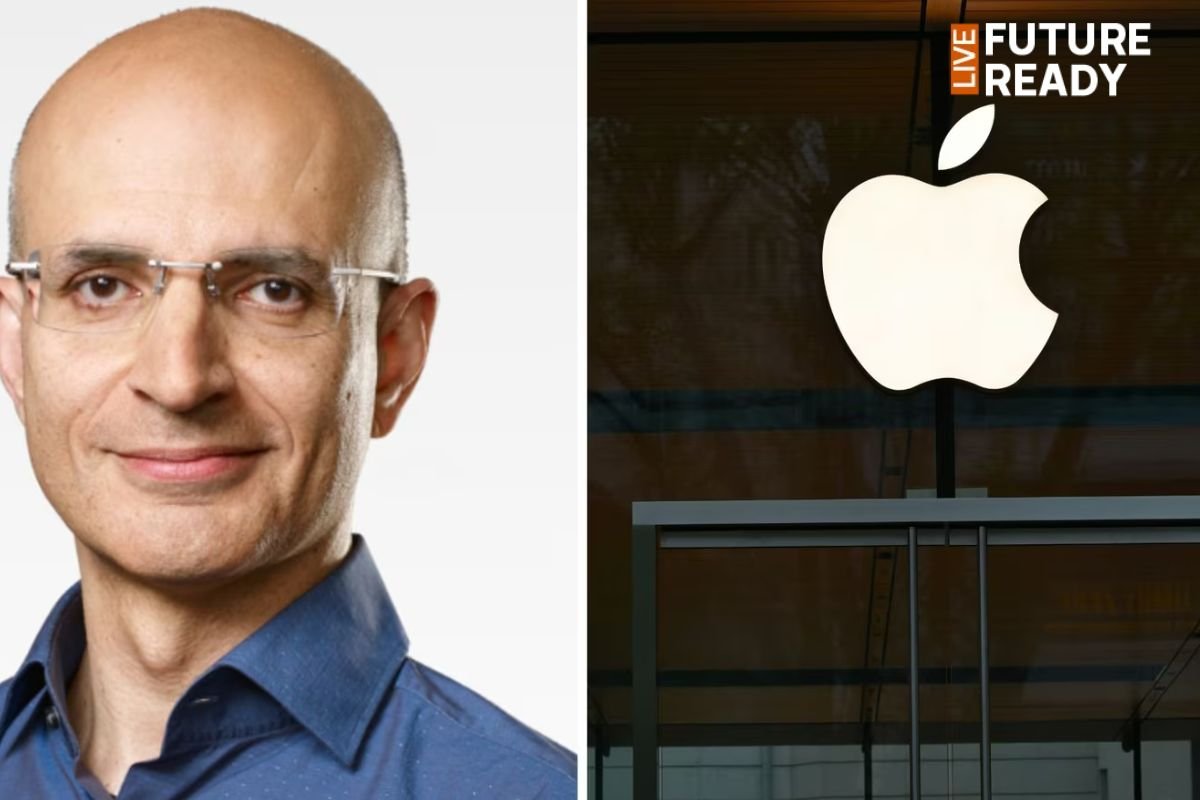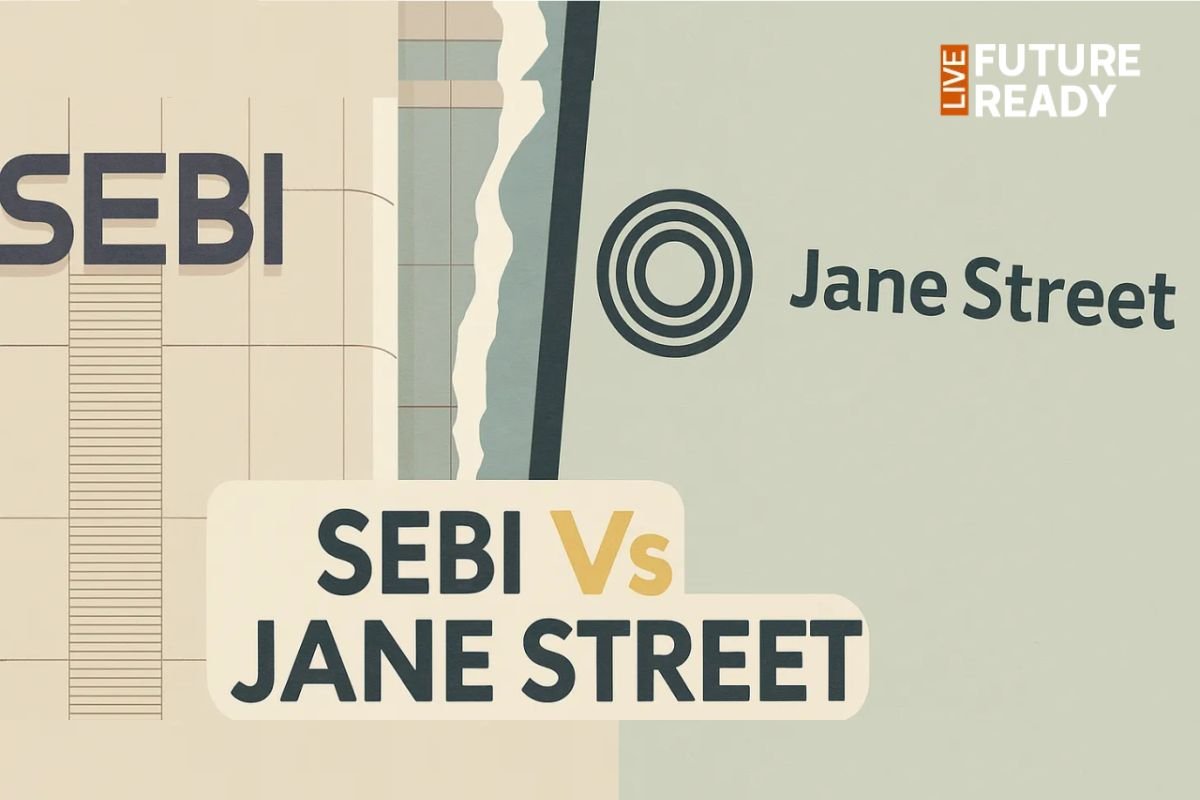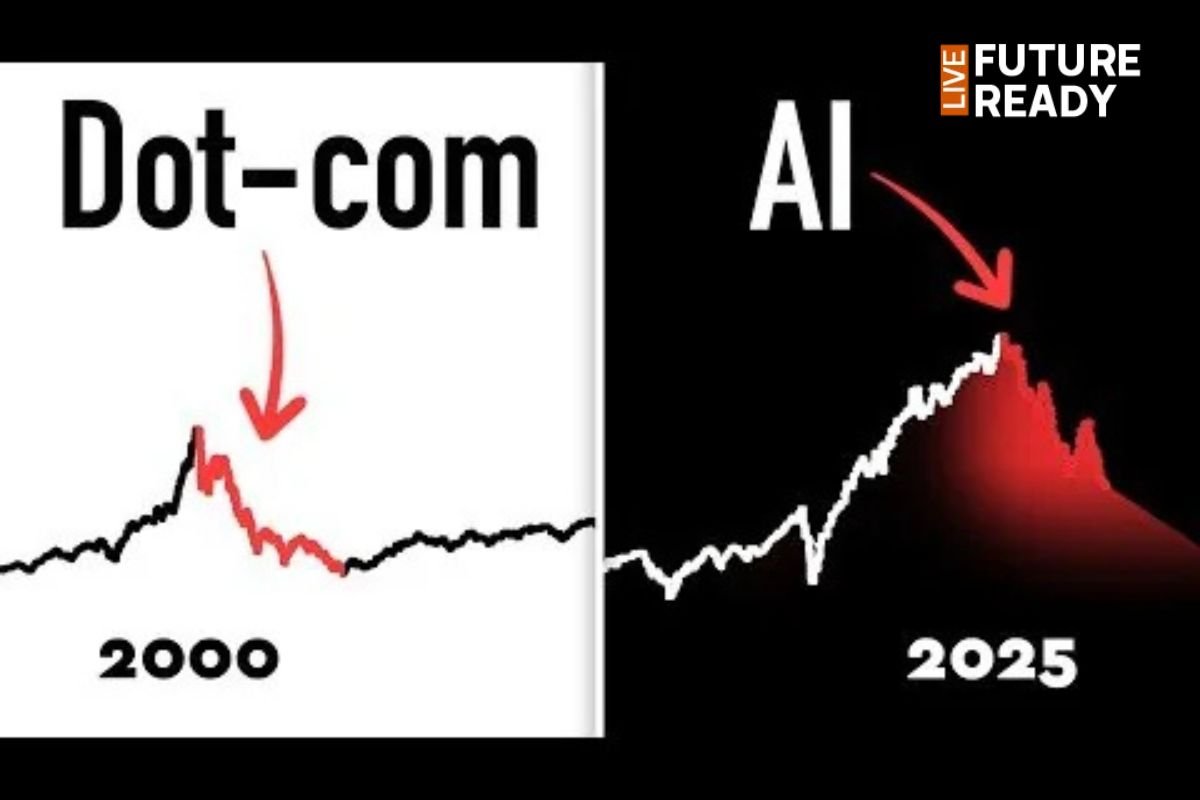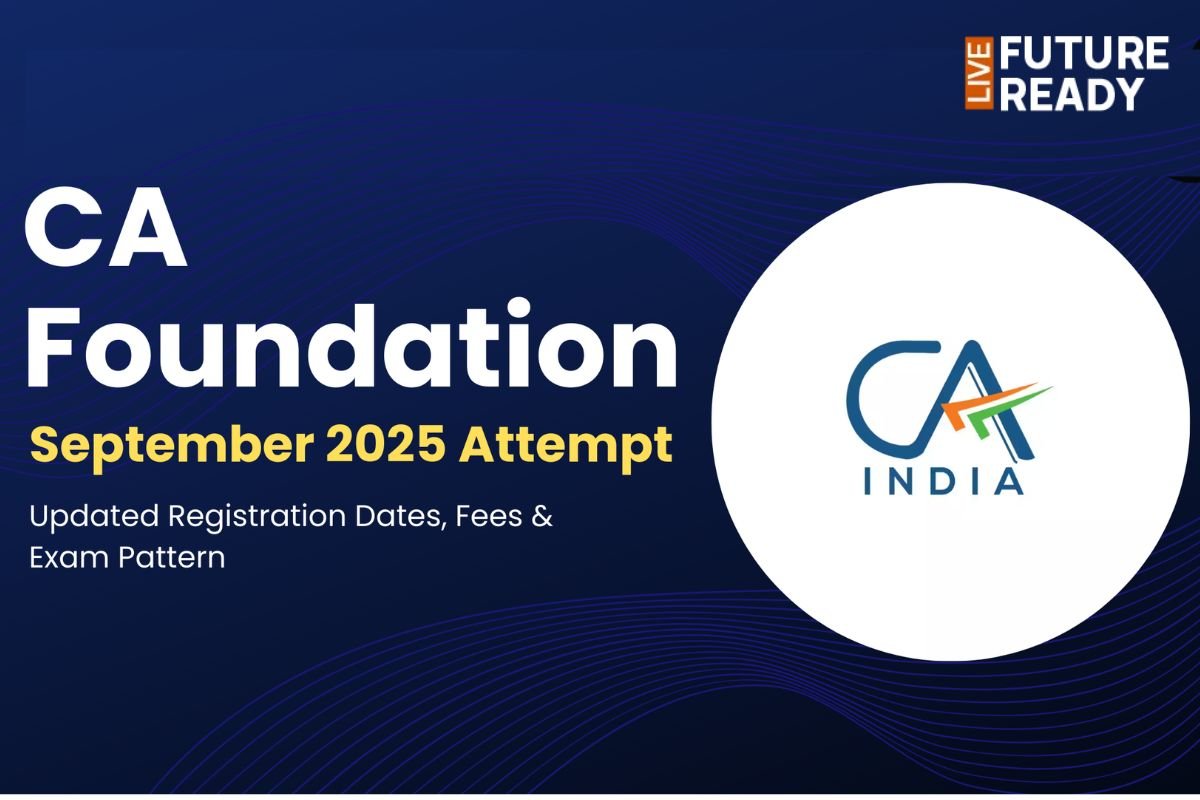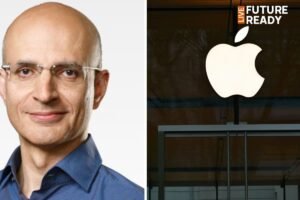Srinivas Narayanan, Vice President of Engineering at OpenAI, recently shared valuable insights on how generative AI is reshaping the engineering landscape—from shifting mindsets to redefining workflows at scale.
1. From Coder to CEO Mindset
At Sangam 2025, IIT Madras’ innovation summit, Narayanan said:
“For every software engineer, the job is going to shift from being an engineer to being a CEO. You now have the tools to do so much more…you should aspire bigger.”
He emphasized that as AI tools handle the “how” in coding, engineers must define the “what” and “why”—focusing on vision, strategy, and impact.
2. AI as a Super‑Assistant and Agent
Narayanan describes generative AI as evolving beyond rhetorical Q&A, becoming super‑assistants and agents that “take actions on your behalf”.
He predicts that tasks once requiring seconds will soon span hours or days, opening possibilities for agents that automate long-term workflows.
3. Global Impact: Research, Medicine & Productivity
Beyond software, AI’s reasoning abilities are transforming research and healthcare—for example, helping diagnose rare genetic disorders.
Narayanan also highlighted AI’s impact on productivity and creativity across platforms like ChatGPT and ImageGen, and stressed lowering costs—OpenAI’s models are now over 100× cheaper than two years ago.
4. Focus on Responsibility & Safety
Despite rapid innovation, Narayanan underlined that OpenAI pursues a cautious approach:
“We don’t get everything perfect on the first try, but we learn and iterate rapidly.”
This aligns with OpenAI’s commitment to aligning AI with humanity’s best interests and building guardrails against misuse.
5. Vision for the Future: Agentic Engineering
Narayanan envisions a new “agentic” paradigm, in which AI agents autonomously handle complex tasks—from coding to research—while engineers oversee, guide, and innovate.
He believes this could create a new role: the AI Engineer, merging engineering, product design, and system evaluation.
Why This Matters for Future‑Ready Engineers
-
Mindset shift: Think bigger—strategy, goals, societal impact—not just code.
-
Tool leverage: Use AI agents to automate routine tasks, freeing time for creativity.
-
Ethical thinking: Safety and responsibility must be prioritized as AI scales.
-
Adaptability: Engineers must evolve into “CEOs” of complex AI-driven systems.
Read more on our website: Future Ready, your go‑to platform for the best educational content and latest updates.
Read More Related Blogs :-






